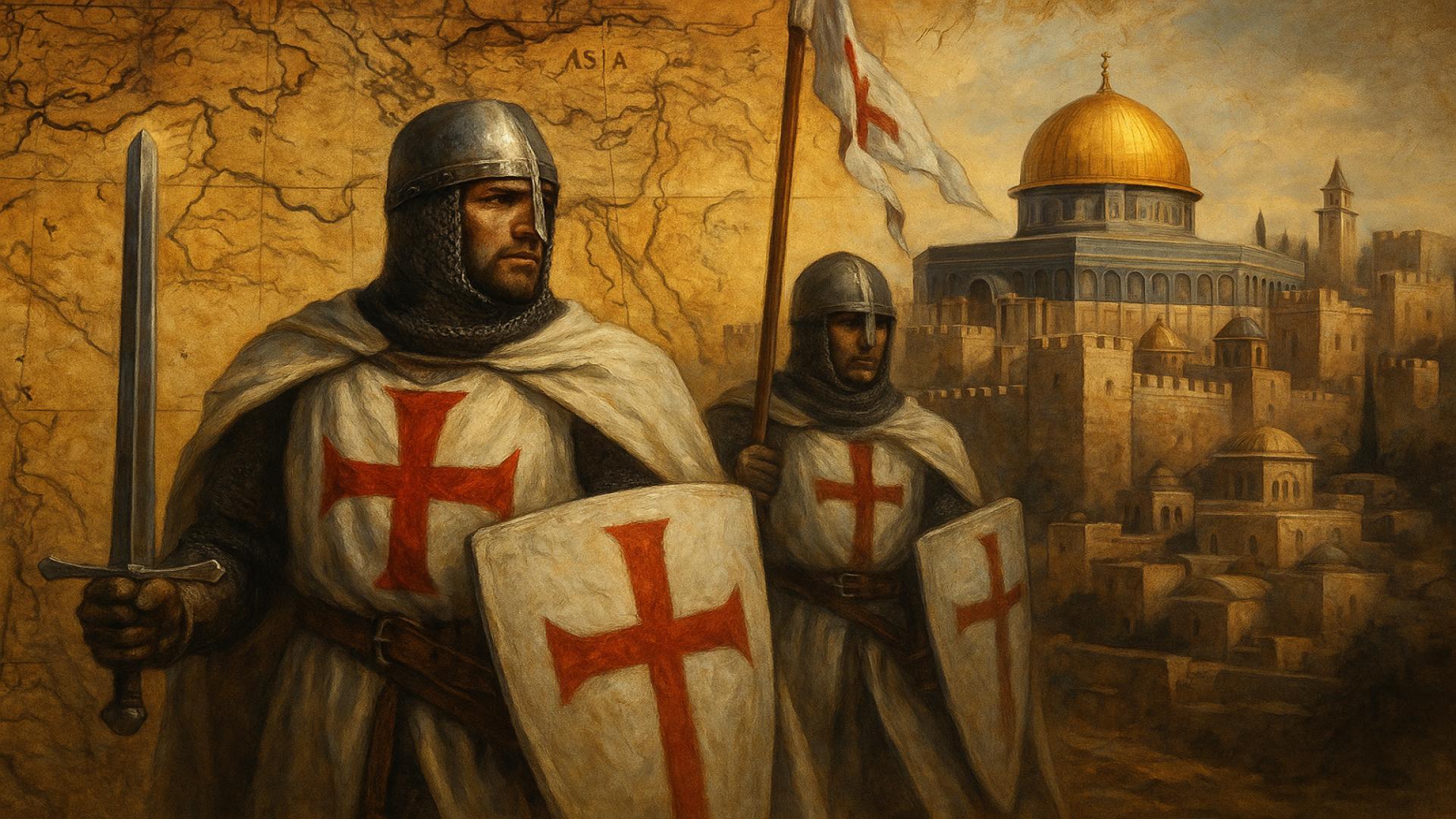4. Economic Incentives and Trade

Economic motivations played a significant role in the Crusades, enticing merchants and states eager to control vital trade routes and access valuable resources of the Eastern Mediterranean. The promise of wealth from commerce and new markets encouraged financial backing and direct participation. Italian city-states like Venice and Genoa prospered by facilitating Crusader transport and later dominated Mediterranean trade, reaping substantial rewards from the conflicts. The pursuit of economic gain intertwined with religious and political goals.















